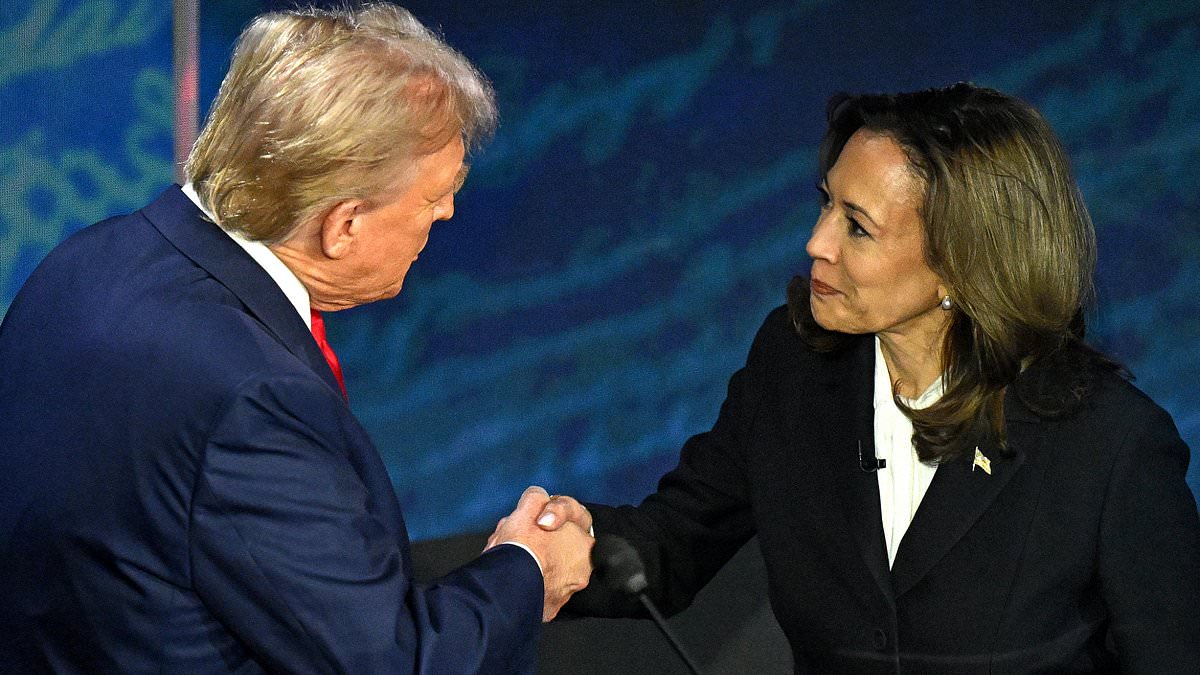People around the world watching the debacle that was the second Presidential debate might not realise how profoundly irrelevant pretty much everything both candidates say really is when it comes to implementing change.
America’s political system is broken, divided and almost incapable of forcing national change on a country spiraling out of control.
The federal government doesn’t have the power to improve the American society in the way presidential candidates claim they will do if elected.
The real power resides with the states. And American states aren’t equal the way they are in many other federations around the world.
For example, in we have something called ‘horizontal fiscal equalisation’ that ensures poorer states are subsidised so that they don’t fall behind naturally wealthier states.
That doesn’t happen in America. So there is huge wealth disparity between states in the USA, just as there is between people.
Think about all the barriers to a President getting anything done.
There is little major party discipline to begin with. So a President will struggle to convince their own party to support any initiatives they pledge to implement, much less the other side of politics.
That means they might not get their ideas through the House of Representatives, one of two houses of Congress, even if their side of politics controls it, which they often don’t.
Being elected President doesn’t in any way guarantee your party having the numbers in the House. Even if they do, the lack of party discipline means you can’t rely on those numbers.
Plus House elections are every two years, so the numbers change so often that long term difficult reforms can’t keep up. So they rarely happen.
That’s before you get to the Senate, which is needed to pass legislation if it is to become law. The partisan complexion of the Senate is often different to the House.
Even if a President somehow carries the day through both chambers in the Congress, the original idea has probably been compromised into a shell of what it originally looked like.
Then it gets interpreted away by a partisan divided Supreme Court anyway, a collection of judges who are much more politically motivated than high courts in other nations are.
And at the end of this lengthy, difficult to navigate system, federal government decisions more often than not are subservient to state laws anyway, because America’s federation preserves strong power amongst the 50 states.
That was the only way to bring the Union together and keep it together.
So what power does the President really have?
They might seem powerful internationally, but that outward facing power isn’t matched domestically where policy decisions really matter – where they affect the American people.
Calls to end all the negativity in Presidential campaigns is understandable, but the only real domestic power a US President has is a negative power: the veto power they have over anything the Congress tries to legislate without them.
It adds to the inertia and the perception that politics in the US is always negative and always appears broken.
Such negative power as the dominant power of the Presidency butts heads with the mantra of hope so often falsely paraded around by next generation candidates and progressives hoping to inspire their way into the White House.
So when you hear both Trump and Harris claiming that if elected they will change this, that and the other, know this: it’s all rhetoric not substance.
Because in truth they can’t really do much. US Presidents aren’t as powerful as they seem, not domestically anyway.
Peter van Onselen is Daily Mail ‘s political editor.
